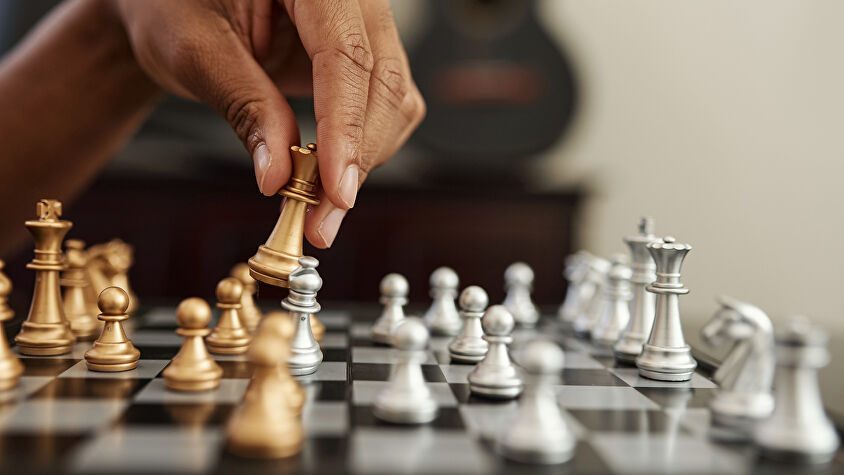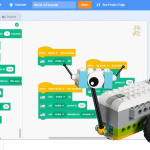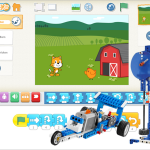
Chess training and practice supports the development of higher-order thinking skills—like problem solving, decision making, critical thinking, planning, and even creative thinking. Chess training and practice also helps improve general cognitive ability and scholastic achievement—especially in mathematics. In addition, it reinforces affective attributes such as patience, prudence, and perseverance. Two prominent virtues of chess are fairness and honesty. The international chess community promotes civil behavior and respect for the opponent but punishes players found to have cheated. Chess is a civil game with an ethical code that predisposes players to play respectfully with other individuals.
Purpose of the program
Participants will learn the rules of chess and will learn how to play chess allowing them to gain numerous skills such as strategizing, mathematics and others.
Program info
- Age: 8-18 years old
- Number of activities: 30
- Duration of activity: 90′
- Students per classroom: 12
- Language: Greek / English




